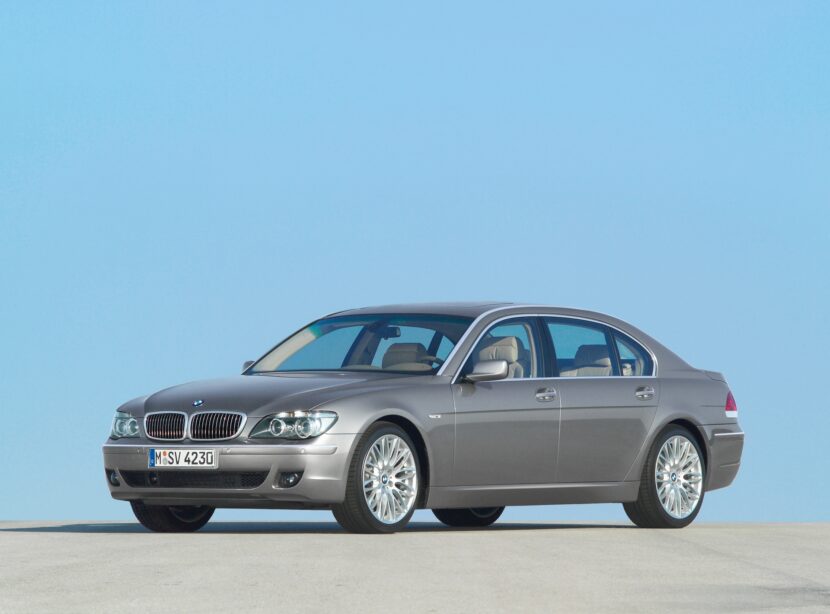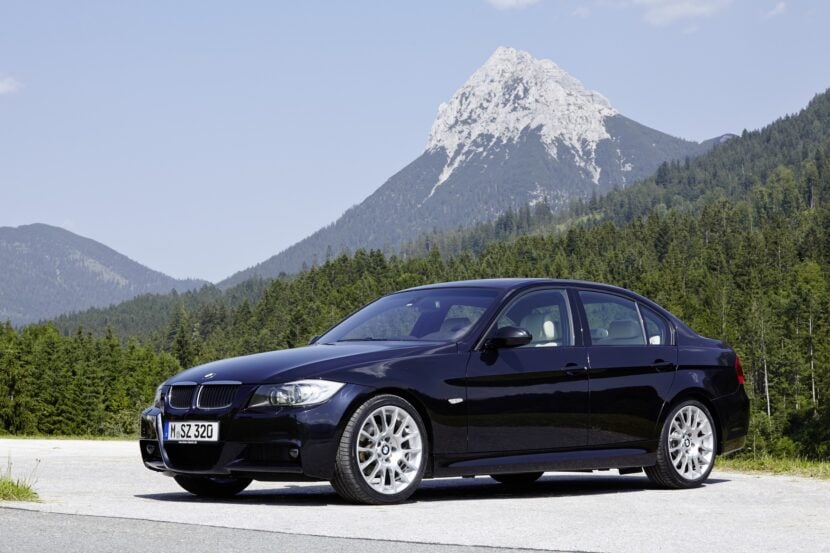BMW has constructed a world popularity on precision engineering, athletic dealing with, and cutting-edge tech—however generally, pushing boundaries comes at a value. Not each BMW hits the mark for long-term reliability. The truth is, a couple of fashions have earned a infamous popularity for leaving homeowners stranded (and broke) due to overcomplicated designs or undercooked tech. Listed here are 5 BMWs that, regardless of their efficiency potential or luxurious attraction, are finest approached with warning—or a strong BMW prolonged guarantee.
1. BMW 550i (F10, 2011–2013) — Engine: 4.4L Twin-Turbo V8 (N63B44O0)
On paper, the F10 550i seemed like a winner: smooth, refined, and packing 400+ horsepower. However underneath the hood lurked the notorious first-gen N63 engine—a twin-turbo V8 with a behavior of devouring its personal internals.
Actual-world complications embrace:
- Timing chain stretch (sure, even under 60k miles)
- Valve stem seal failure (hey, smoke present at startup)
- Turbo warmth soak cooking close by elements
- Fixed oil consumption, even after repairs
- Misfires, injector failures, and battery drain points
BMW finally launched a “Buyer Care Bundle” that changed timing chains, valve seals, and different drawback areas. However even after the repair, many house owners report recurring points. It’s a disgrace, as a result of when it runs proper, it’s an outstanding automotive—however the odds aren’t in your favor.
2. BMW 745i / 750i (E65/E66, 2002–2008) — Engines: N62 V8, N73 V12
The E65 7 Collection was BMW’s moonshot sedan—filled with futuristic tech, a radical new design, and the debut of iDrive. Sadly, it was additionally the poster little one for “simply because you’ll be able to, doesn’t imply you must.”
Widespread proprietor frustrations:
- Glitchy early iDrive system (generally requiring full alternative)
- Countless electrical bugs: energy home windows, door handles, consolation entry
- Valve stem seal failures resulting in smoke and oil loss
- Transmission faults that arrive sooner than anticipated
Homeowners typically describe the E65 as a “tech demo that escaped the lab.” It could have helped form BMW’s future, however it got here on the expense of reliability. DIY repairs are almost unimaginable, and even BMW sellers struggled with early software program bugs.
3. BMW X5 xDrive50i (E70 LCI, 2010–2013) — Engine: 4.4L Twin-Turbo V8 (N63B44O0)
The E70 facelift introduced new life to the X5—with extra energy, extra tech, and sadly, a well-known catastrophe underneath the hood: the identical problematic N63 engine discovered within the F10 550i.
Typical drawback record:
- Turbocharger failures from extreme under-hood warmth
- Timing chain stretch and worn guides
- Air suspension faults and switch case put on
- Electrical gremlins (cameras, sensors, iDrive freeze-ups)
In a car this heavy, the N63 engine’s flaws are much more uncovered. It’s common to listen to homeowners say they spent extra on repairs in two years than the truck’s present worth.
4. BMW 335i (E90/E92, 2007–2010) — Engine: 3.0L Twin-Turbo I6 (N54)
The E90 335i delivered near-M3 efficiency with room for tuning. However should you’ve spent any time on BMW boards, you’ll know the N54 engine is a reliability minefield.
Frequent complaints:
- Excessive-pressure gasoline pump (HPFP) failures (typically a number of occasions)
- Turbo wastegate rattle and increase loss
- Leaking injectors and carbon buildup on consumption valves
- Cooling system elements that hardly outlast the guarantee
Fanatics love the N54’s tuning potential—however it’s not a query of if one thing fails, it’s when. Finances for walnut blasting, injector replacements, and a complete lot of preventive upkeep.
5. BMW M5 (E60, 2006–2010) — Engine: 5.0L V10 (S85)
The E60 M5 is among the most fun vehicles BMW has ever constructed. With a screaming 8,250 rpm V10 and 500 horsepower, it was a real engineering showcase. Sadly, so was the upkeep invoice.
Recognized weak factors:
- Rod bearing put on (a ticking time bomb with out alternative)
- SMG III gearbox: good when it really works, infuriating when it doesn’t
- Throttle actuator failures that set off limp mode
- VANOS solenoid and oil strain points
The S85 engine is actually a detuned F1 engine with not one of the race staff help. For those who’re not altering the oil religiously, changing rod bearings proactively, and driving it such as you’re on borrowed time—nicely, you in all probability are.
Lots of the most unreliable BMWs come from eras of fast innovation. The 550i, E60 M5, and early N63-powered fashions all provide unbelievable driving dynamics—however proudly owning one with no deep restore fund (or a second automotive) generally is a recipe for frustration. For those who’re contemplating considered one of these autos, don’t simply verify the Carfax—verify the boards, search for full service information, and ensure the most important identified points have already been addressed.







